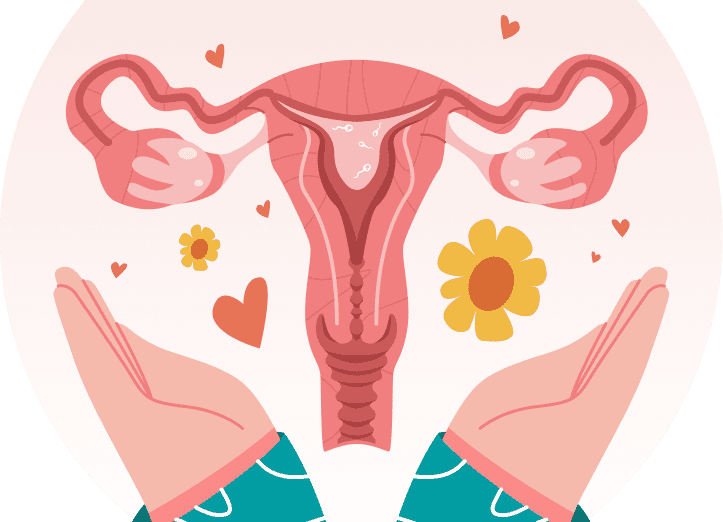PCOS has a lot of symptoms that people have to deal with. Some of them are very well known as they are prevalent, like irregular periods, hirsutism, weight gain, or sleep troubles are well known.
However, many others may not be that well-known but are equally essential to understand and address. In this blog, we will explore those lesser-known symptoms of PCOS for those suffering from them. Remember, you are not alone!
Frequent headaches
Regular headaches and migraines might develop due to insufficient progesterone, frequently brought on by sporadic ovulation. Also, getting too little sleep worsens headaches or migraines, which might be a common cause since sleeping disturbances are overlapping symptoms of PCOS.
Loss of sex drive
People can lose sex drive because of a combination of dysregulated estrogen and progesterone, particularly estrogen, which is crucial for female libido, as well as the effects PCOS can have on your body image and self-confidence. Even the medications that you are taking for PCOS can be a reason behind your low libido.
Binge eating disorder
Due to several reasons that can immediately impact hunger, including insulin resistance, recommended diets, dysregulated estrogen, and brain chemistry, BED is far more common among women with PCOS. Practising mindful eating and having a healthy diet can help with this.

Frequent spotting
Intermenstrual bleeding, spotting, and metrorrhagia are other names for abnormal vaginal bleeding between periods. There are several potential causes of bleeding between regular cycles.
Again, frequent spotting is a symptom of PCOS due to ovulatory problems, including irregular ovulation brought on by follicular arrest and the reduced progesterone levels that follow that.
Belly fat gain
Many people with PCOS gain most of their weight in their abdomen more than any other location because of the hormonal abnormalities that PCOS causes, especially excessive testosterone, high insulin, and high cortisol levels, which are a typical and chronic mix.
It’s also tough to lose weight with PCOS for the same reason. But with a few techniques, you can start having a healthy weight management system.
Conclusion
It’s okay not to know everything about PCOS in one go, as so much information, can be overwhelming. Take your time and learn one by one. By learning about these lesser-known symptoms, you can better understand your condition and do your best for yourself!

















Share this article